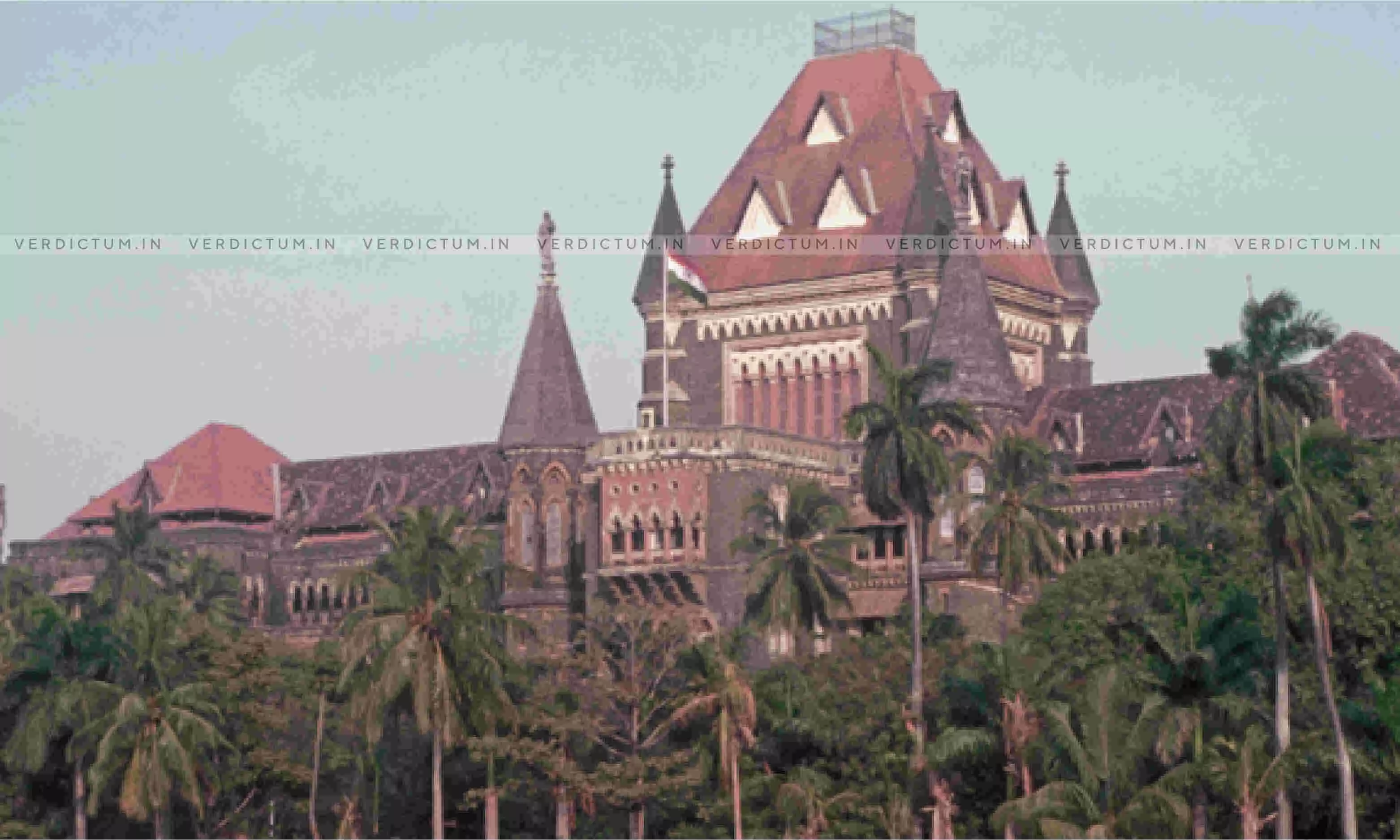
Organ Transplant A Facet Of Right To Life: Bombay High Court Asks State To Prepare Separate List For Patients In Immediate Need
 |
|The Bombay High Court was considering a Writ-Petition against non-registration of Application for cadaveric kidney transplantation.
The Bombay High Court has asked the State Government to prepare a separate registration facility for those patients who would require an organ transplant on immediate basis observing that the need for direct transplant is a direct facet of the right to life.
The Court was considering a Writ-Petition against non-registration of Application for cadaveric kidney transplantation.
The Division Bench of Justice Girish Kulkarni and Justice Advait M. Sethna observed, ".....we are of the opinion that it would be appropriate for the respondents to consider whether a separate registration facility could be provided to those patients, who in future would imminently require an organ transplant, so that as and when the need for a transplant arises, such list can be operated on proper medical certification and such persons can be recognized to receive an organ for a transplant."
The Petitioner was represented by Advocate Uday Warunjikar, while the Respondent was represented by Advocate Shehnaz Bharucha.
Facts of the Case
The Petition involved a peculiar issue arising under the Transplantation of Human Organs and Tissues Act, 1994 with regard to a pre-emptive kidney transplant. The Petitioner was certified to be a patient of Chronic Kidney Disease (CKD) Stage-V, but not on dialysis. The Petitioner asserted that, being a patient of CKD stage-V, due to polycystic kidney disease, he would require a kidney transplantation from a cadaveric donor, as the Petitioner did not have a suitable donor in his family.
The Petitioner accordingly intended a registration for cadaveric kidney transplantation. The grievance of the Petitioner was that such an application of the Petitioner was not being registered.
It was stated that the Respondent was not accepting the Petitioner's registration for kidney transplant referring to the “Allocation Criteria for Deceased Donor Kidney Transplant Guidelines” which inter alia provides for recipient registration, listing and scoring system in the waiting list, on the ground that the petitioner does not comply with paragraph 3 of the said guidelines namely that the patient should be a case of end stage renal disease on maintenance dialysis for more than three months on regular basis. It was denied on the ground that the patient should be a case of end-stage renal disease on maintenance dialysis, for more than three months on a regular basis.
The contention of the Petitioner was that in the near future, he would certainly need a kidney transplant and it is just a question of some time. It was his contention that at the time when the need for kidney transplant becomes absolutely necessary, he should not be put to a prejudice and/or an unwarranted ordeal of being required to wait in a long queue for transplant, for want of timely registration.
The Petitioner averred that the right to life also would include right to receive an organ transplant, for which he needs to be registered so that in the event dire urgency arises, and on medical certification he becomes entitled to receive a kidney.
It was the Petitioner's contention that such need is not recognized by the guidelines in question, which according to the Petitioner can never override the provisions of the 1994 Act and more so the requirement of Article 21 of the Constitution.
Reasoning By Court
The Court, at the outset, noted that there cannot be two opinions that the guidelines in no manner would supersede the substantive legislation, namely, the 1994 Act.
It recognized that the human need for an organ transplant is directly a facet of right to life as guaranteed under Article 21 of the Constitution of India.
"Prima facie, a situation cannot be countenanced that when for any patient there is a need bof an organ transplant, which might not be immediate but is imminent and/or in a situation that the patient is immediately not on dialysis, however, it is certain that in the near future the need for a transplant would arise, considering the medical condition of the patient, such situation would also be required to be paid attention by the respondents. The object and intention of the Act is to provide for the regulation of removal, storage band transplantation of human organs and tissues for therapeutic purposes and for the prevention of commercial dealings in human organs and tissues and for matters connected therewith or incidental thereto. It is in the context of these objects and intention, the provisions of the 1994 Act would be required to be construed and considered, while recognizing the right to life of a patient. The provisions of the rules and any guidelines framed thereunder are required to be interpreted and recognized in such context when it concerns kidney/organ transplant," the Court observed.
The Court called upon the State to form a separate list.
"In so observing what weighs with us is also a factor is of a ease of procedure for such category of patients would obliviate their difficulties in having a registration at the appropriate time and not after the patient gets critical or his medical condition deteriorates. When the health and life at such stage of the patient itself is rendered delicate and worrisome, any procedure for such basic requirement of registration needs to be of absolute ease and comfort," the Court observed.
The matter was accordingly posted to 17th June, 2025.
Cause Title: Mr. Harshad Rohidas Bhoite vs. State of Maharashtra & Ors.
Appearances:
Petitioner- Advocate Uday Warunjikar, Advocate Jenish Jain, Advocate Dilip Pandharpate, Advocate Siddhesh Pilankar
Respondent- Advocate Shehnaz Bharucha, Advocate A. A. Ansari
Click here to read/ download Order